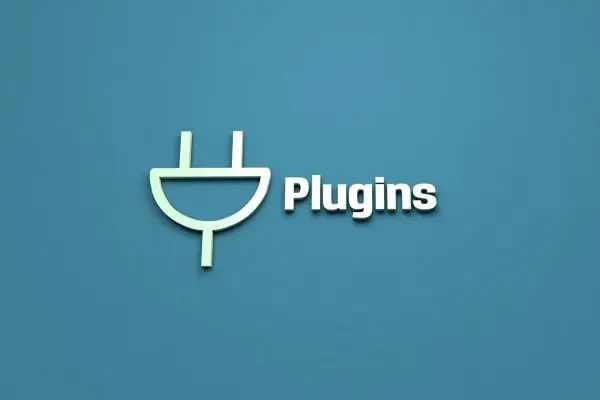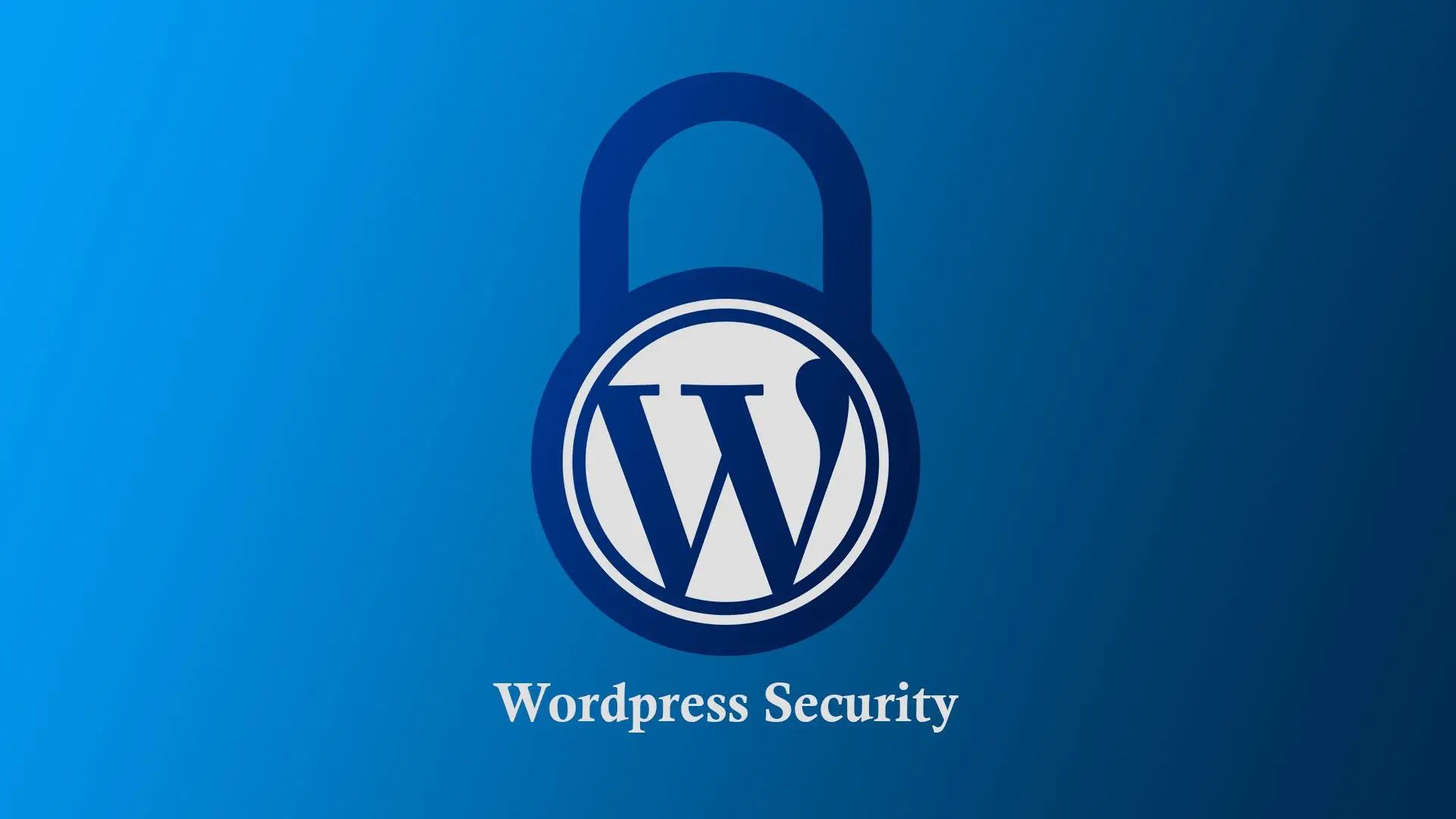With the increasing threats of cyber attacks and malware, it is crucial to ensure that your WordPress website is secure. One of the most effective ways to enhance the security of your site is by using reliable WordPress security plugins. Let’s discuss some of the best plugins that can help protect your WordPress website from potential threats and vulnerabilities. By exploring these top plugins, you can fortify your website’s defenses and safeguard your online presence.
Understanding WordPress Security

Common Security Threats to WordPress Websites
To ensure the security of your WordPress website, it is crucial to be aware of the common security threats that can compromise its integrity. An outdated WordPress core, plugins, or themes, weak passwords, and malicious attacks like brute force attempts and DDoS attacks are some of the prevalent threats that website owners need to safeguard against.
The Role of WordPress Security Plugins To Protect Your Website
WordPress security plugins play a significant role in fortifying your WordPress website against potential threats. These plugins offer features such as malware scanning, firewall protection, login attempt monitoring, and security hardening to enhance the overall security posture of your site. By leveraging the right security plugins, you can proactively protect your website from various vulnerabilities and attacks.
This proactive approach can help in identifying and addressing security gaps before they are exploited by malicious actors, ensuring that your WordPress website remains secure and resilient against potential threats.
Selecting The Right WordPress Security Plugins
Features to Look for
Even with the plethora of WordPress security plugins available in the market, choosing the right one for your website can be overwhelming. When considering a security plugin, look for features such as malware scanning, firewall protection, login security, brute force attack prevention, and security notifications. These are crucial for ensuring the safety of your website and protecting it from potential threats.
Free vs. Premium WordPress Security Plugins
Any website owner looking to enhance their WordPress site’s security must decide between free and premium security plugins. While free plugins may offer basic protection, premium plugins often come with advanced features, dedicated support, frequent updates, and more comprehensive security measures. Investing in a premium security plugin can provide added layers of defense and peace of mind for your website’s protection.
Understanding the differences between free and premium security plugins is crucial in making an informed decision for safeguarding your WordPress website. While both options have their benefits, premium plugins generally offer superior security features and ongoing support, making them a worthwhile investment for the long-term security of your site.
Top Recommended WordPress Security Plugins

When searching for the best WordPress security plugins, consider your specific needs, the size of your site, and the level of security expertise you have. Many of these plugins offer both free and premium versions. Starting with the free version can give you a good idea of the plugin’s usability and effectiveness before upgrading to access advanced features. Regularly updating your WordPress version, themes, and plugins, along with using a security plugin, will significantly enhance your website’s security posture. For most websites the free version should be enough, especially if you ensure your plugins and themes are always up to date.
- Wordfence Security: Offers a firewall and malware scanner designed specifically for WordPress. Its Threat Defense Feed keeps Wordfence updated with the latest security data. The plugin includes an endpoint firewall, malware scan, live traffic monitoring, and blocking features. The premium version offers additional features like real-time firewall rule and malware signature updates.
- Sucuri Security: Known for its effectiveness in website security hardening, Sucuri provides a set of security features that include security activity auditing, file integrity monitoring, malware scanning, and a website firewall (available in the premium version). It’s a great tool for detecting and preventing hacks and attacks.
- SolidWP: Provides over 30 ways to secure and protect your WordPress site. With features aimed at addressing common security issues, it also includes user action logging, two-factor authentication, and strong password enforcement.
- All In One WP Security & Firewall: A comprehensive, user-friendly plugin that adds an extra layer of security. It uses an unparalleled security points grading system to measure how well you are protecting your site based on the security features you have activated. Its features include user account security, user login security, database security, and more.
- Jetpack Security: While Jetpack is known for its performance and site management features, its security module is robust, offering automated daily backups, easy restores, spam protection, and malware scanning in its paid plans. It also provides brute force attack protection for free. Another benefit of Jetpack is that it notifies you when your site is down due to malware or a critical error on your website.
- MalCare Security: A WordPress security plugin designed for immediate malware detection and removal. It doesn’t overload your server, ensuring your site runs smoothly. Its key features include a one-click malware removal service, a firewall, and login protection.
- BulletProof Security: Offers a one-click setup wizard, malware scanner, database backups, firewall, login security, and more. It’s a less intrusive option for those who prefer a set-it-and-forget-it security plugin.
- SecuPress: A newer entry into the WordPress security plugins arena, SecuPress offers a clean, easy-to-use interface and features like anti-brute force login, blocked IPs, a firewall, security alerts, and more. The premium version includes additional features such as PDF reports and alerts.
Implementing and Managing Your Security Plugins
Best Practices for Plugin Installation
All WordPress websites require plugins for various functionalities, but it’s crucial to be cautious during the installation process. Only download plugins from reputable sources like the official WordPress plugin repository to ensure they are safe and regularly updated. Before installing a plugin, check its reviews, ratings, and the last time it was updated to gauge its credibility. Additionally, limit the number of plugins you install to reduce potential vulnerabilities.
Maintaining Your Plugins for Optimal Security
Your WordPress website’s security is only as strong as its weakest link, and outdated plugins are a favorite target for hackers. Regularly update all your plugins to the latest versions to patch any known vulnerabilities and ensure optimal security. Set up automatic updates for your plugins whenever possible to streamline the process and minimize the risk of human error.
The key to maintaining optimal security on your WordPress website is to stay proactive with your plugin management. By following best practices for installation and regularly updating your plugins, you can significantly reduce the risk of security breaches and keep your website safe from potential threats.
Don’t Just Rely on WordPress Security Plugins – Cloud Backups
Maintaining daily backups of your website on the cloud through your hosting platform is an essential practice for ensuring the safety and reliability of your online presence. This approach serves multiple critical functions. Firstly, it provides a robust layer of data security, safeguarding against potential data loss that can occur due to hardware malfunctions, cyber-attacks, or even accidental deletions by users. The ability to quickly recover your website from a recent backup minimizes downtime and mitigates the impact on your business operations and revenue, which is particularly crucial in today’s fast-paced digital environment.
Moreover, daily backups function as an effective version control system, allowing website administrators to roll back to previous versions if recent updates or changes negatively affect the site. This feature is invaluable for maintaining site functionality and user experience.
Beyond the technical benefits, the practice of regular cloud backups also offers peace of mind. Knowing that your website’s data is securely stored and easily retrievable provides a sense of security, allowing you to focus on other aspects of your business with confidence. For businesses, adhering to regular backup schedules can also align with compliance requirements, demonstrating a commitment to data protection and enhancing your reputation for reliability among customers.
Adding 2FA on your cPanel
Implementing Two-Factor Authentication (2FA) on your cPanel is crucial for enhancing the security of your web hosting environment. By requiring both a password and a secondary verification method (such as a code sent to your smartphone), 2FA significantly minimizes the risk of unauthorized access, even if your password becomes compromised. This additional layer of security is essential for protecting sensitive data managed through cPanel, including personal information, website files, and databases. The adoption of 2FA not only helps in safeguarding against data breaches and cyber-attacks but also bolsters trust among customers by demonstrating a commitment to stringent security practices. Furthermore, it can assist in complying with data protection regulations. In essence, 2FA provides a critical shield for your cPanel, ensuring peace of mind by fortifying your website’s defenses against potential security threats.
Final Words Regarding WordPress Security Plugins
Taking this into account, it is crucial to prioritize the security of your WordPress website by utilizing the best plugins available for protection. By implementing security plugins such as Wordfence, Sucuri Security, or iThemes Security, you can strengthen your website’s defenses against cyber threats and potential vulnerabilities. Regularly updating these plugins, along with practicing other security measures like strong passwords and regular backups, will help safeguard your website and ensure a safe online environment for both you and your users. Stay vigilant, stay informed, and keep your WordPress website secure with the right plugins. Your Local Website Designer can help you choose the right plugins and security solution for your website and ensure your site is secure, up to date and well maintained.

